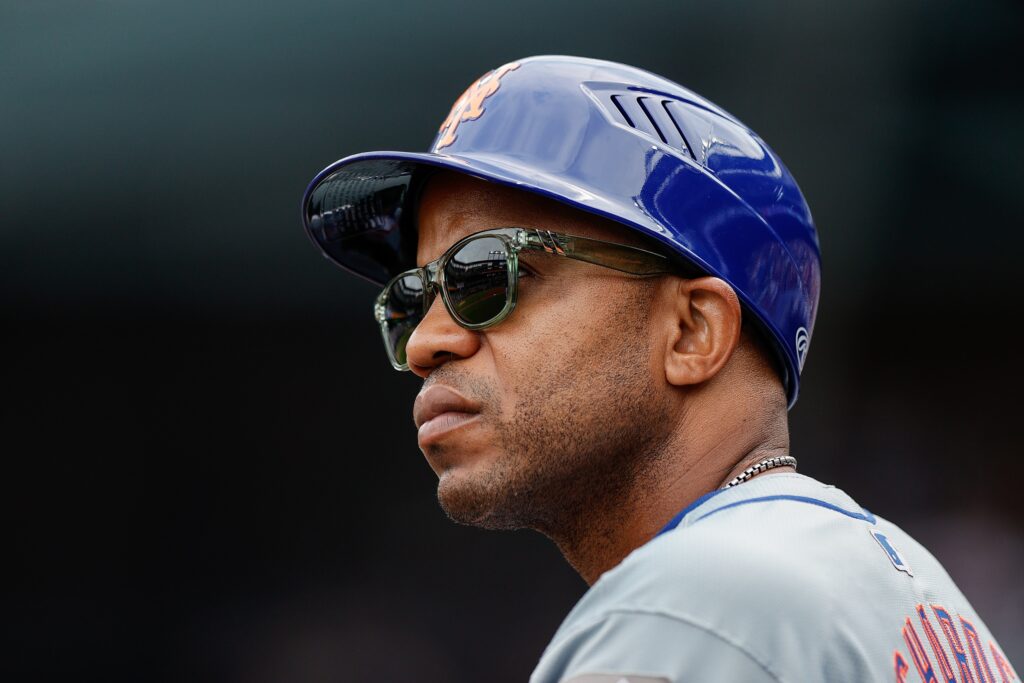
On the surface, the Mets’ 2026 offseason began with an air of quiet optimism. A new front office, a managerial reset, and a commitment to turn the page on an underwhelming 2025. But in typical Mets fashion, even the most promising moves seem to come wrapped in a riddle of confusion—and, more often than not, regret.
A Base Path Transformation Powered by Coaching, Not Speed

On the very same day the Mets made headlines for hiring Troy Snitker—the son of legendary Braves manager Brian Snitker—they quietly parted ways with the architect of their most surprising statistical strength: base running. Antoan Richardson, the first base coach who played a pivotal role in transforming the Mets from base path liabilities into one of the most efficient stealing teams in modern baseball history, will not return in 2026.
Let’s be clear: this wasn’t just a good coach walking away. This was the man who turned the slowest roster in baseball into one of its most disruptive forces. The Mets stole 147 bases in 165 attempts in 2025. That’s an 89.1% success rate—the highest in the league. And they didn’t do it with burners. They did it with deliberate instruction, disciplined reads, and fearless execution.
Juan Soto’s 30-30 Club Cameo Was No Fluke
Look no further than Juan Soto. Known far more for his bat than his legs, Soto exploded for 38 stolen bases last season—a career high and good enough to vault him into the prestigious 30-30 club. When asked how he pulled it off, he pointed directly at Richardson: “Antoan did an unbelievable job… I give him all the credit.”
That’s not casual praise. That’s a superstar publicly acknowledging a coach’s impact in quantifiable terms. The same goes for Brandon Nimmo, another player whose stolen base output far outpaced expectations given his modest sprint speed metrics.
The Mets’ Costly Mistake Could Be Atlanta’s Gain
And yet, the Mets let Richardson walk—over what is reported to be a disagreement on contract terms. A team with one of the largest budgets in all of baseball couldn’t find a way to pay one of the few coaches that delivered a clear, measurable advantage. It’s a baffling decision. One that not only undermines the team’s internal momentum but, in a cruel twist of irony, could benefit their most persistent nemesis: the Atlanta Braves.
If that name sounds familiar, it should. It’s the organization where Troy Snitker, the Mets’ new hire, made his name as a hitting coach. Which means, in one swift motion, the Mets have shipped out a proven base running guru and brought in the bloodline of their biggest divisional rival.
No one doubts Snitker’s credentials, but let’s not ignore the optics. The Mets let a game-changing coach go—a coach credited by their best player for one of his biggest career milestones—on the same day they opened their doors to a Braves legacy. For a franchise always teetering between hope and self-inflicted chaos, this is more than a symbolic move. It may be the one that comes back to haunt them all season long.





